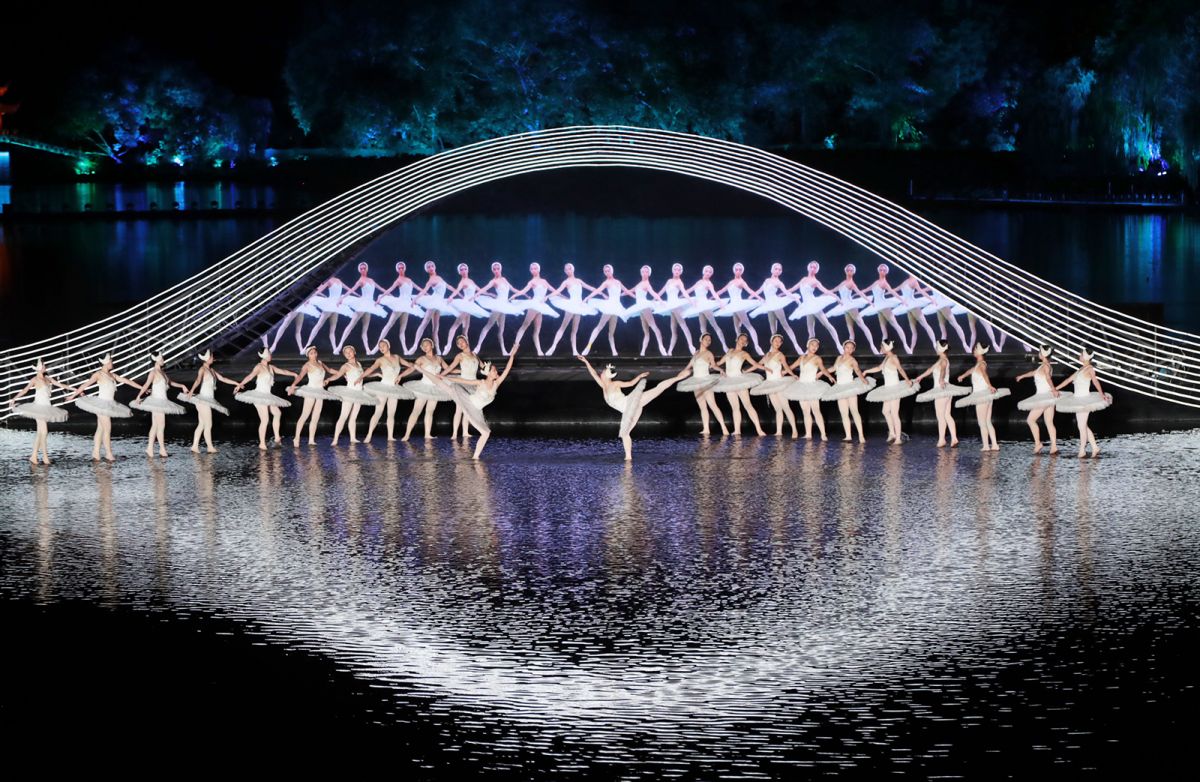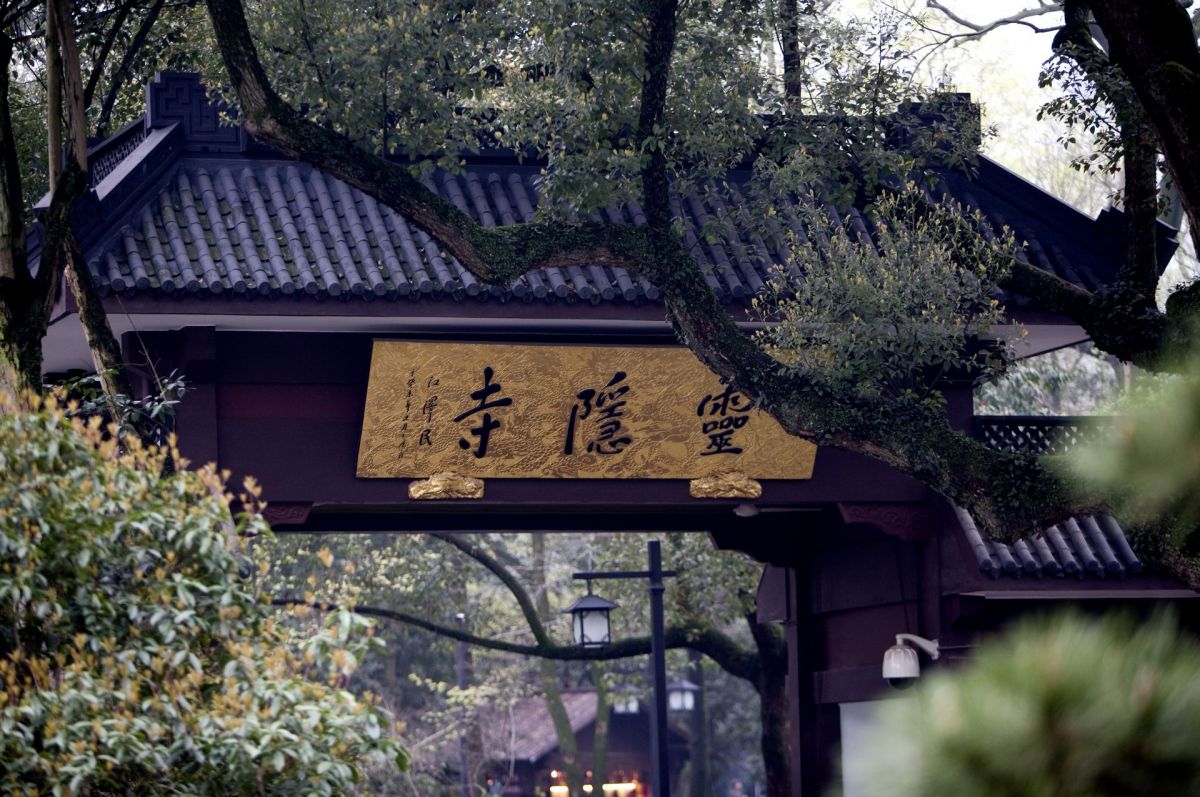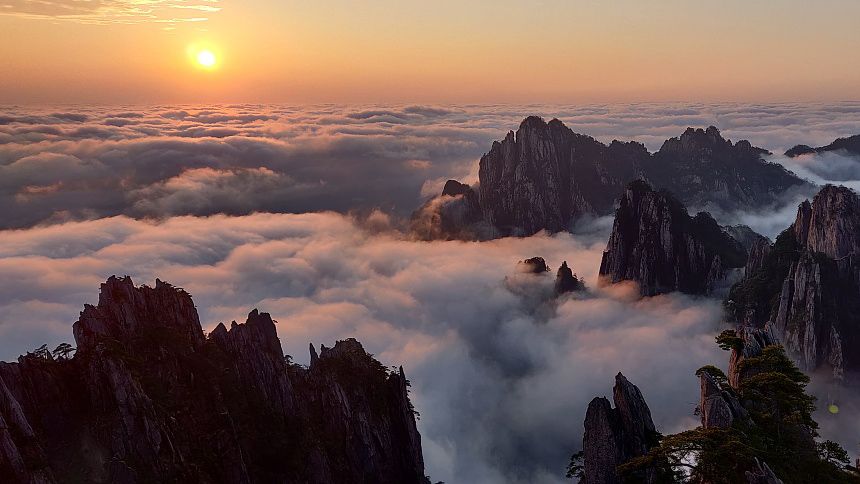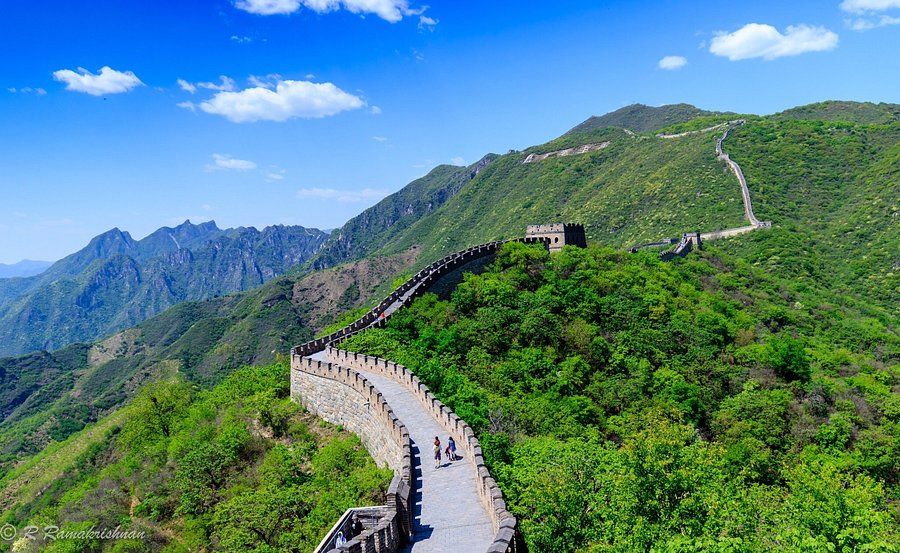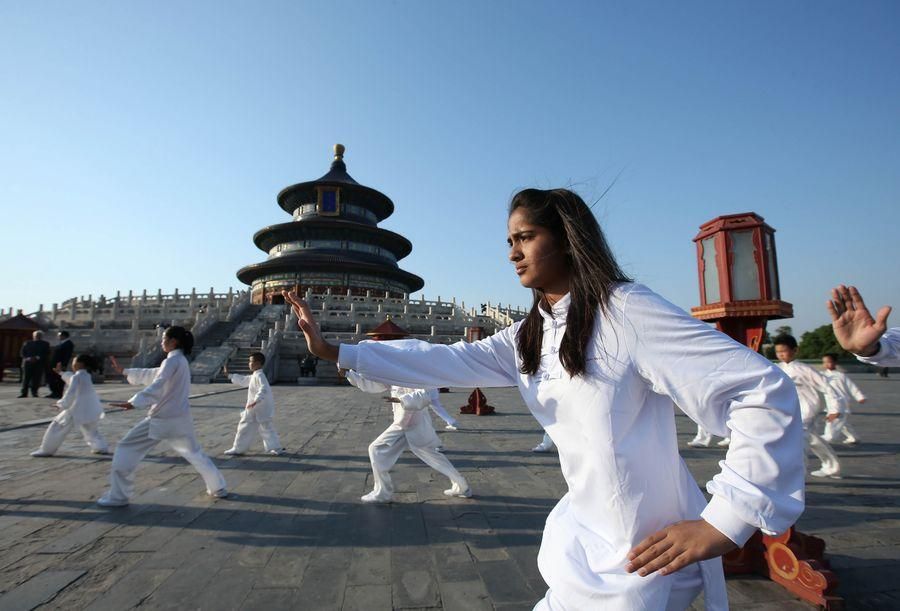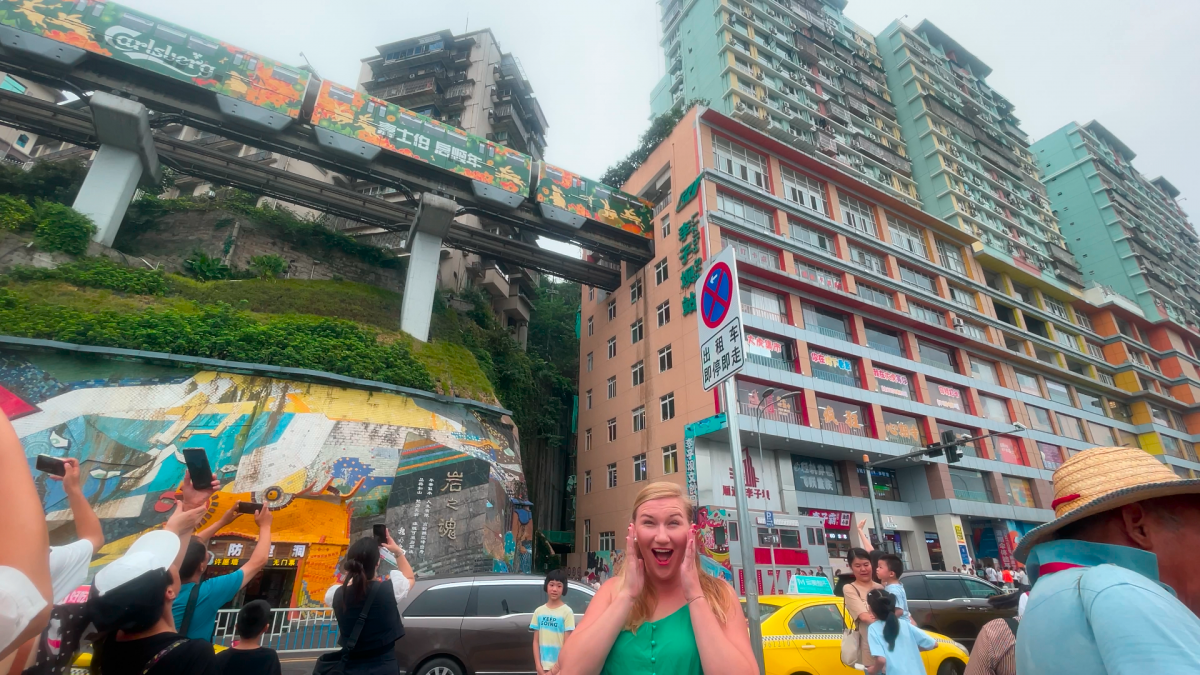Xixi Wetland: Hangzhou’s Hidden Oasis Where Dragons, Poets, and Innovation Converge
Tucked just 5 kilometers from Hangzhou’s iconic West Lake lies a lesser-known wonder - Xixi National Wetland Park, a sprawling 11.5-square-kilometer sanctuary where water, history, and modernity intertwine. This UNESCO-adjacent treasure is not just a wetland - it’s a living storybook of legends, cinematic fame, and ecological innovation.
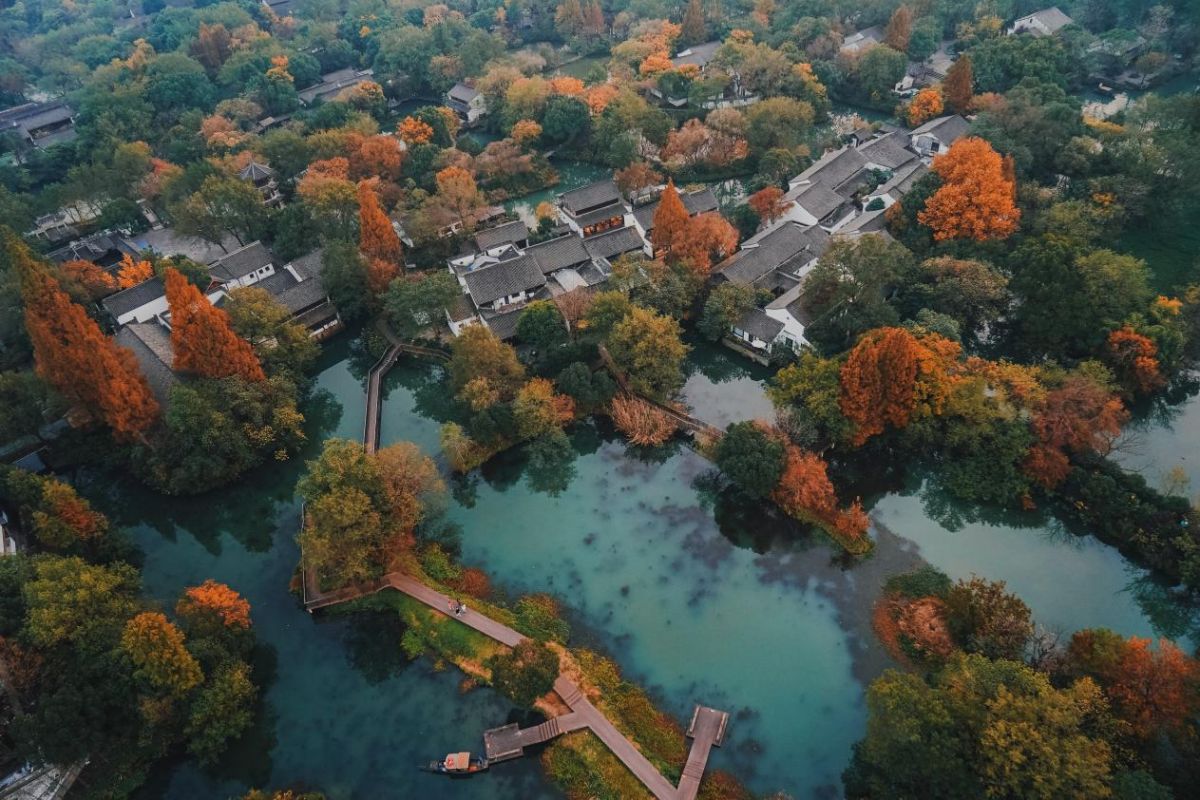
A Mythical Beginning
Legend whispers that Xixi’s labyrinth of waterways was carved by a dragon. Centuries ago, a hermit named Xi Hong sought refuge here, only to discover a serpentine creature thrashing in agony. Moved by compassion, Xi Hong used his staff to channel water into the parched land, creating the wetlands. The dragon, freed from pain, vanished into the mist, leaving behind a network of rivers and lakes that still shimmer today. Locals say the dragon’s spirit lingers in the reeds, rustling secrets to those who wander quietly.
A Poet’s Sanctuary
For over 1,600 years, Xixi has been a muse for China’s literary giants. Tang Dynasty poet Bai Juyi penned verses about its “willow tears” and “lotus whispers,” while Song Dynasty scholars hosted floating poetry contests on its tranquil waters. Even the eccentric monk Ji Gong, a folk hero known for his chaotic wisdom, meditated here, allegedly planting a persimmon tree that still bears fruit each autumn.
In 2008, Xixi leaped onto the global stage as a filming location for If You Are the One, a blockbuster romantic comedy that showcased its dreamy boat rides and mist-draped landscapes. The movie sparked a tourism boom, with visitors eager to retrace the protagonist’s paddle through “love tunnels” of overhanging vines.
Seasons of Splendor
Xixi transforms with the calendar -
Spring: Over 20,000 plum trees burst into bloom, painting the wetlands in shades of pink and white. Follow the scent to Meixi Village, where farmers have cultivated tea and fruit for millennia.
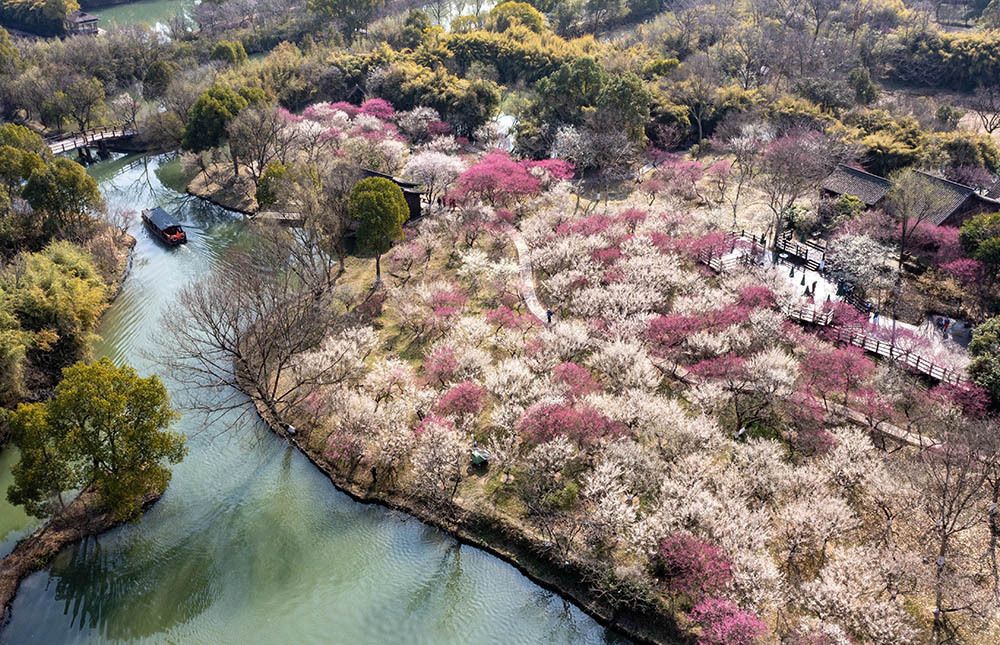
Autumn: The Autumn Snowing Hut becomes a surreal spectacle as reed flowers shimmer like frost under the golden sun. Red persimmons dangle from ancient trees, and fishermen demonstrate traditional “cormorant fishing” - a dance of birds, nets, and river lore.
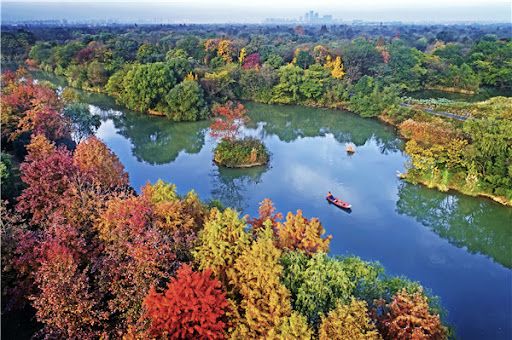
Winter: Frost etches delicate patterns on lotus leaves, while heated boat tours offer steaming cups of Longjing tea.
A Laboratory of Sustainability
Xixi isn’t frozen in time. Its Wetland Science Exhibition Hall, designed by German and Chinese architects, showcases groundbreaking eco-tech. Solar panels power interactive displays on biodiversity, while “sponge city” systems filter rainwater through gardens and bioswales, mimicking natural wetlands. Nearby, Alibaba’s Xixi Campus (taobao.com) draws inspiration from the park, blending office towers with “urban forests” and AI-monitored wildlife corridors - a nod to Hangzhou’s 2060 carbon-neutral pledge.
How to Explore
By Boat: Glide past water villages aboard a wooden wupeng boat, once used by scholars to escape city bustle. Stop at Shen Zhuang Temple, a Qing Dynasty relic where incense coils around carved dragons.
By Foot: Follow boardwalks through Ecological Protection Zones, where endangered birds like the Chinese merganser nest. Keep an eye out for “Xixi kitties” - stray cats adopted by locals and given tiny straw hats.
By Bicycle: Rent a bike via Alipay and pedal to Dragon Boat Villages, where artisans craft vessels for annual races.
A Living Legacy
In 2023, Hangzhou celebrated 20 years of Xixi’s conservation, proving that modernity and nature can thrive together. As poet Liu Zongyuan once wrote, “The wetland’s breath is the city’s pulse.” Today, that pulse beats stronger than ever - in the rustle of reeds, the hum of eco-tech, and the laughter of travelers discovering a China beyond the guidebooks.
Pro Tip
Best Time to Visit: Spring (March-May) for blossoms, Autumn (September-November) for reed flowers.







